“…[T]here are things we know we know. We also know there are known unknowns; that is to say we know there are some things we do not know. But there are also unknown unknowns—the ones we don’t know we don’t know…” – Donald Rumsfeld
The Request for Proposal (RFP) process in the telecom space can be fraught with unknowns, especially in large deals where millions are on the line. Communication Service Providers (CSPs) are often able to predict and quantify some aspects of large enterprise telecom RFPs from historical data, but without proper due diligence and adherence to review team best practices, CSPs run the risk of relying too heavily on inaccurate assumptions that open them up to increased risk.
These assumptions usually fall back on “best guesses” and “management judgement,” which adds to the already existing stress that comes from the CSP pricing team knowing that there are existing elements they “don’t know they don’t know.” To address the assessment process head-on and make decisions with confidence, putting together the best deal review team and process possible is essential for large deal success.
Telecom RFPs: Common Types and Challenges
Large deal telecom RFPs that accrue the most risk and require the most due diligence from the review team are ones that would result in major changes to how the CSP operates. A few examples of these types of deals include RFPs that involve:
- Vendor relationship management
- Customer service help desk and ordering support
- Network transformation (such as from TDM to IP or even wireless)
- Commitment to future technical innovations (such as 5G or 6G, or SDN and Broadband)
- Acquisition of equipment
These RFPs can be multiyear business arrangements happening against a backdrop of inadequate timelines, changing requirements, and indefinite delivery/indefinite quantity (IDIQ) commitments. With multiple deals to consider, success often depends on the quality of data received and a company’s ability to foresee the unforeseeable.
Best-in-Class companies can reduce unknowns and lower risk with a structured bid evaluation process that implements a quasi-independent review of each proposal before escalation to the leadership team.
Staffing The Deal Review Team
The final arbiter in many CSPs is a leadership team that is responsible for weighing all the facts, assumptions, and questions before making a decision on RFP responses. Prior to reaching the final arbitration stage, however, having all proposals reviewed by a balanced deal review team can help identify risks and concerns early, leaving fewer unknowns to interfere with project success.
A balanced deal review team should include a core team as well as additional ad hoc members based upon the volume, size, and complexity of the proposals being reviewed.
Download Part II of Northridge’s State of Customer Experience 2023 Research Report for more CX insights!
The Northridge Group needs the contact information you provide to us to contact you about our products and services. You may unsubscribe from these communications at anytime. For information on how to unsubscribe, as well as our privacy practices and commitment to protecting your privacy, check out our Privacy Policy.
- Core team members should include representatives from the following areas:
- Operations/billing
- Network engineering
- Finance
- Procurement
- Legal
- Product management
- Ad hoc team members can be added from:
- Human resources
- Regulatory (domestic and international)
- Others as needed
This approach to staffing the deal review team allows for more perspectives and greater insight into proposals from a range of individuals across departments.
RFP Review Process: Best Practices
The purpose of the deal review team is to review large RFP responses, raise questions, and verify assumptions on customer expectations, unit forecasts, technical feasibility, operational readiness, legal compliance, billing capability, and financial prospects.
Here are four best practices to implement for deal review team optimization:
- Scope: Companies should have a clearly defined set of parameters to determine when a deal review team is needed. These parameters can include criteria for:
- Size of financial opportunity/risk
- Capital requirements
- Geographical scope
- Transfer of employees from client
- Transformation requirement
- Involvement of third parties beyond traditional supplier relationships
- Governance: The deal review team should report directly to the leadership team, or the finance or product management representatives within the leadership team rather than the sales channel.
- Documentation: Each team member should start by aligning with the RFP assumptions and detailing risks and concerns. After producing a documentation of their findings, they should also be able to defend their conclusions to other parties.
- Timing: When the established scope criteria for deal review team involvement is met, the deal review team should begin the review process early, even if not all RFPs have been received yet. This allows the team more time to identify flaws in assumptions and have those corrected before the review process reaches the final stages. For the first few deals handled by the team, best practice is to plan for additional time for review, but once the key elements of a successful proposal are established, subsequent proposals should not be as time consuming.
Roadmap to RFP Success
Ultimately, while it may be impossible to eliminate all unknowns and validate all assumptions during RFP review, having a clear team and process in place can reduce risk and position a CSP for success. This helps ensure that when the deal review team turns their findings over to the leadership team, the leadership team has the unbiased, fact-checked information they need to approve or reject proposals with confidence.
The Northridge Group has decades of experience as RFP creators, respondents, reviewers, pricing analysts, and approvers across a wide spectrum of telecom technologies and geographies. We can help any organization create an effective deal review team, and shepherd these teams through the process of team creation and initial reviews. To learn more, contact us today.




